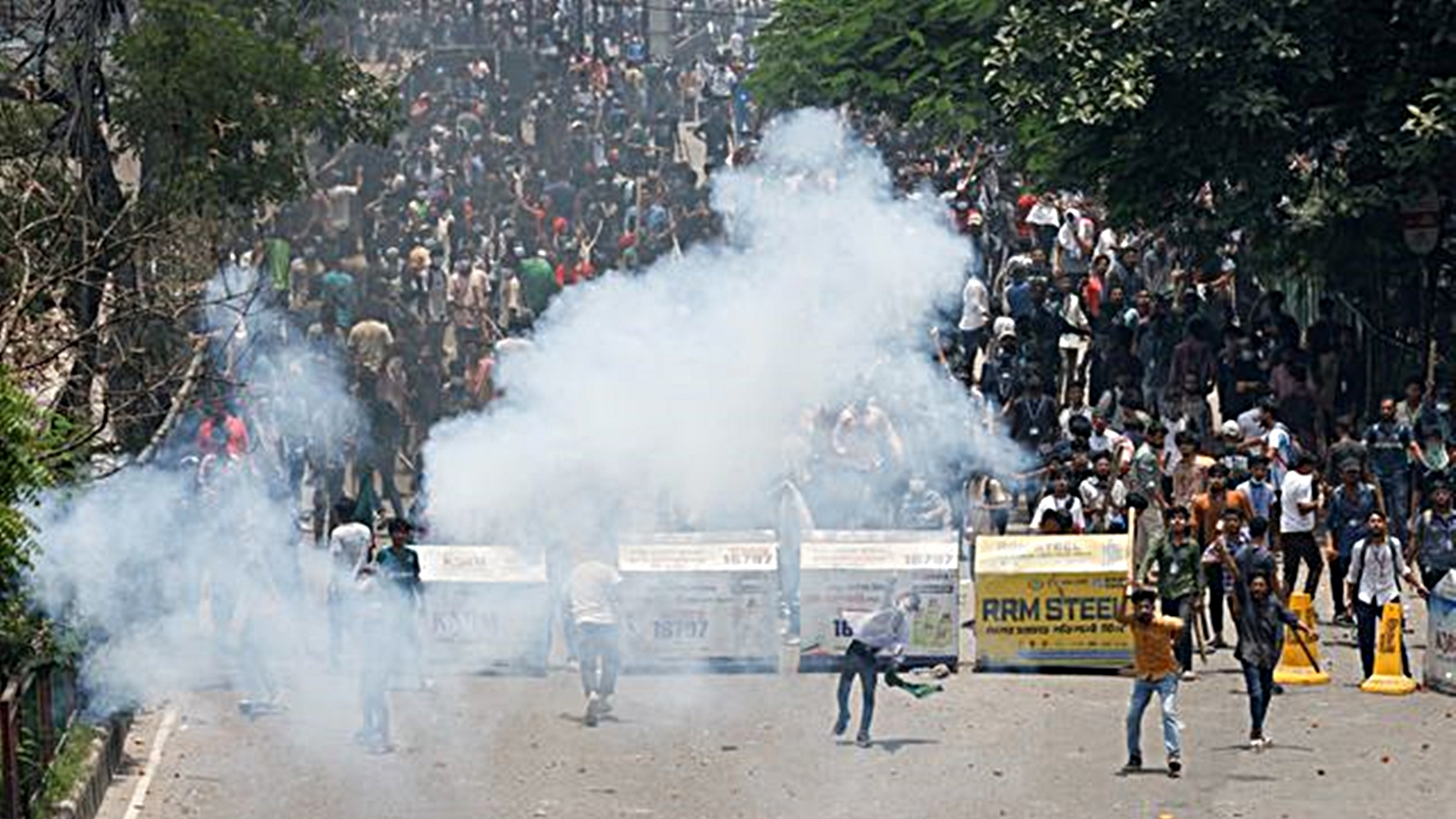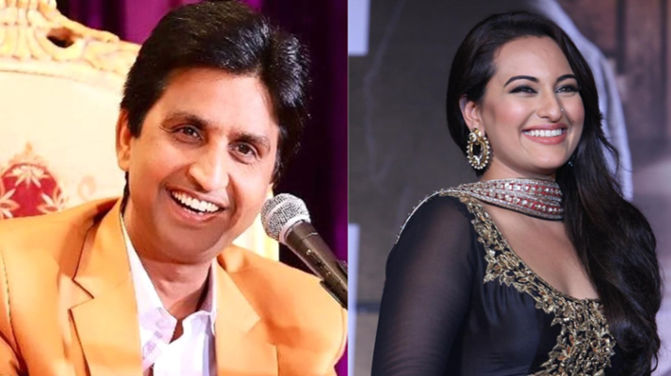Police in Bangladesh have been granted “shoot-on-sight” orders and a nationwide curfew has been imposed as student-led protests continue to escalate, resulting in over 100 fatalities. The curfew, which began at midnight on Friday, aims to control the deteriorating security situation, with military personnel patrolling the streets of Dhaka. This curfew was briefly lifted on Saturday afternoon for essential errands, but otherwise, residents have been ordered to stay indoors, and all gatherings and demonstrations are banned. A communications blackout, blocking all internet and social media access, has been in place since Thursday night.
Local media reports indicate that thousands have been injured and that the death toll has reached 115, though the government has not released official figures. Police officers have been given the authority to open fire on those violating the curfew, as confirmed by Obaidul Quader, the general secretary of the ruling Awami League party.
The protests, among the most severe in Bangladesh in over a decade, began on university campuses earlier this month. Students were protesting against the reintroduction of civil service job quotas, which they argue are discriminatory and favor the Awami League, led by Prime Minister Sheikh Hasina. The protests have since expanded beyond campuses, evolving into a broader movement against Hasina’s government, which has been in power since 2009 and is accused of authoritarianism, police brutality, and corruption. The economic downturn since the Covid-19 outbreak has exacerbated the situation, with millions facing unemployment and record inflation.
Shafkat Mahmud, a 28-year-old student protester from Uttara, Dhaka, described the unrest as akin to a “civil war,” highlighting the shift from rubber bullets to live ammunition by police after the internet shutdown. Mahmud also reported attacks by pro-government supporters armed with machetes and guns, and buses transporting the deceased. He emphasized that the movement has grown beyond the initial quota issue to a demand for governmental change.
Earlier this week, pro-government student groups attacked protesters, and police have been accused of inciting violence with teargas, rubber bullets, and stun grenades. Demonstrators retaliated by setting the state-run broadcaster ablaze and breaking into a central Bangladesh prison on Friday, freeing hundreds of prisoners. Friday was marked as the deadliest day of the protests, with reports of police using live ammunition resulting in at least 40 deaths.
Representatives from both sides met late on Friday to negotiate, with student leaders demanding a complete reform of the quota system and the reopening of universities. Law and justice minister Anisul Huq indicated that the government was open to discussing their demands.







